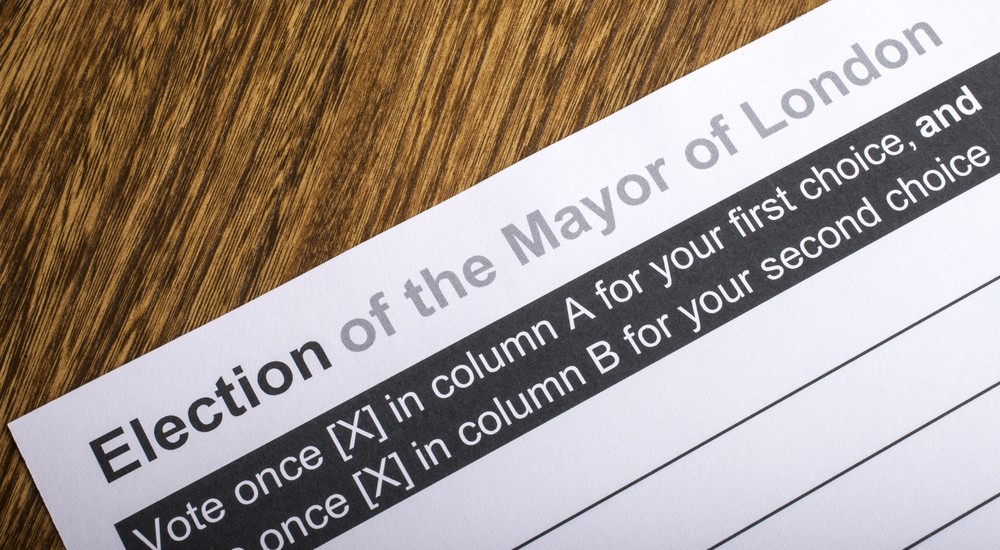- February 26, 2016
- Posted by: lutherpendragon
- Category: insight

The EU referendum and the various claims and counter claims may be getting all the headlines but the fallout from “Super Thursday” has left a patchwork quilt of different administrations across the country. What’s clear is that a number of fascinating battle lines are already emerging in the parliaments, assemblies and chambers across the country; City Hall v Treasury, Sturgeon v Davidson, Labour v Plaid with the added complication of UKIP, Corbyn v Labour moderates.
In London Sadiq Khan now has the largest mandate of any directly elected UK politician and is perhaps another example of Labour’s growing strength in the capital compared to other parts of the country. Already seeking to distance himself from his party leader, he will be seeking to forge his own position within the Labour Party, which like it or not is likely to create an alternative power base in City Hall.
Appointments such as Lord Adonis to drive forward the Crossrail 2 project and experienced hands such as Val Shawcross are all canny moves designed to give the Mayoral team an immediate gravitas in what are likely to be difficult and strained relations with central government.
The Conservatives will take solace in their performance in Scotland pushing the once dominant Labour Party into a humiliating third place, but the SNP are still firmly in charge at Holyrood. There will certainly be lessons to learn from how the Scottish Conservatives approached their campaign. While the headlines focused on Ruth Davidson’s personality, the great success of the campaign was her ability to corral unionist-minded voters around the Tory banner and exploiting Labour’s equivocations. The focus will now be on how the Conservatives take this forward in opposition but it’s safe to assume that this time there will be far fewer deals cut with the SNP – Annabel Goldie rescued a number of Alex Salmond’s Budgets – in this minority administration, as Davidson seeks to forge her alternative agenda for Scotland.
In Wales, Plaid asserted its authority on the very first day of the new Assembly forcing a rethink on Labour’s part. Although the results of the subsequent negotiations did not deliver everything the nationalists had hoped for, it certainly highlighted Plaid’s intentions to be an indefatigable opposition to Labour. The inclusion of UKIP for the first time adds further colour to the Assembly proceedings, with Neil Hamilton – he’s back – already receiving a rebuke from the Presiding Officer for sexist language, portent indeed of what is likely to be a fiery four years in the Senedd.
Looking ahead, this patchwork quilt gets even more complex as George Osborne’s devolution agenda comes to fruition with the elections of the first ‘Metro Mayors’ next year in Greater Manchester, Liverpool, Sheffield, West Midlands, Greater Lincolnshire and Tees Valley, providing a new era in local government.
The pull of these powerful new roles is already attracting frustrated Labour politicians in Westminster. The chance to manage multi-billion pound budgets across a city region, running transport networks and leading regeneration projects seems far more enticing than years spent in opposition on the green benches.
But from a political point of view it’s likely that many of these Mayors will come to have the influence and public profile that the London Mayoralty has provided its holders, undoubtedly fuelling further tension and speculation within Labour ranks about alternative power bases to Corbyn’s leadership. In any event local and devolved government hasn’t been this exciting since 1972!
